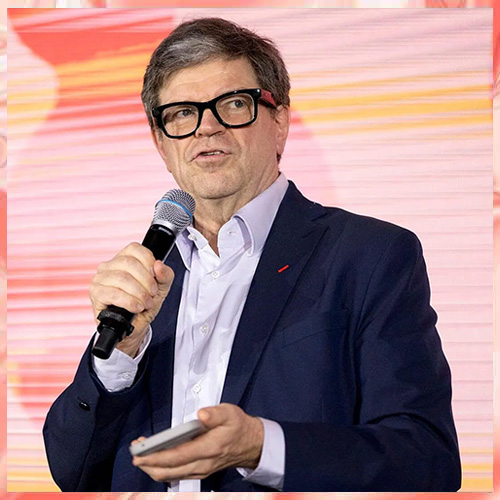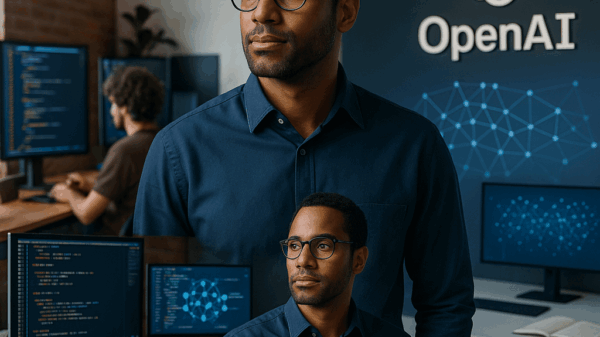In a significant shift for the AI landscape, Yann LeCun, the chief AI scientist at Meta, is reportedly set to depart the company to launch his own independent AI venture. Since assuming leadership of Meta’s Fundamental AI Research (FAIR) lab in 2013, LeCun has been instrumental in advancing deep learning, earning him recognition as a pioneer and a Turing Award winner.
This move signals not just a personal career transition, but also highlights ongoing tensions between LeCun’s long-term scientific vision and a significant pivot in Meta’s operations. Under the leadership of CEO Mark Zuckerberg, Meta has recently shifted focus towards rapid commercialization of AI technologies, appointing Alex Wang, former CEO of Scale AI, to head a new division dubbed “Superintelligence.” This division aims to expedite the development and deployment of AI applications, illustrating a marked change from the foundational research ethos that characterized FAIR under LeCun.
LeCun has often expressed skepticism about the overwhelming prominence of large language models (LLMs) in current AI research and applications. Instead, he advocates for alternative architectures that prioritize world models and self-supervised learning, which he believes are essential to achieving true machine intelligence. This outlook starkly contrasts with Meta’s recent emphasis on quick scaling and product delivery, a focus that some insiders suggest has contributed to rising internal conflicts.
In the wake of his impending departure, LeCun is already in preliminary discussions to secure funding and assemble a team for his new startup. The venture is expected to concentrate on advancing foundational AI research, steering away from the LLM-centric approaches that currently dominate the field. Industry experts view his exit as a potential catalyst, potentially prompting other researchers and innovators to seek independent paths outside the confines of corporate tech giants.
This development underscores the growing complexities that technology firms face in balancing groundbreaking scientific research with the pressures of commercial viability in a fast-evolving industry. As AI continues to transform various sectors, the dynamics between research visionaries and corporate strategies will likely remain a defining theme in the ongoing narrative of artificial intelligence.
See also Siemens Announces AI-Driven Solutions to Accelerate Clean Energy Transition
Siemens Announces AI-Driven Solutions to Accelerate Clean Energy Transition Perplexity Launches Comet AI Browser, Enhancing Browsing Speed and Productivity
Perplexity Launches Comet AI Browser, Enhancing Browsing Speed and Productivity AI Ethics as Competitive Advantage: Siemens, Roche, and Meta Lead with Strong Implementation
AI Ethics as Competitive Advantage: Siemens, Roche, and Meta Lead with Strong Implementation Anthropic Reveals AI-Driven Cyber-Attack Campaign with 90% Automation Rate
Anthropic Reveals AI-Driven Cyber-Attack Campaign with 90% Automation Rate Western Digital Surges 250% in 2025, Outperforming Nvidia as AI Demand Soars
Western Digital Surges 250% in 2025, Outperforming Nvidia as AI Demand Soars











































































